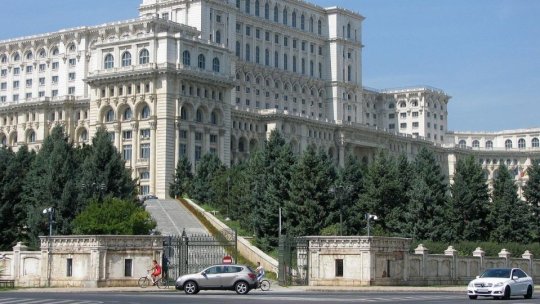Energy and Green Certificates
Over 1,000 trade unionists from the industrial sector have called in Bucharest for a reduction in the number of green certificates.

Articol de Radio România Internaţional, 15 Martie 2014, 13:29
Romania has implemented a scheme to support the production of green energy in the medium and long term and facilitate its entry on the electricity market.
Green certificates are one way of promoting this type of energy.
Depending on the type of green energy and technology used, producers are awarded a number of certificates for every megawatt of green energy produced.
The certificates come in the form of bonds that can be traded on a special market independently of the amount of electricity they account for.
The certificates may be bought by electricity suppliers and producers for energy used for internal needs, with the exception of technological consumption.
The policy promoted in the energy field has recently attracted criticism by trade unions in the metallurgic industry, which is a high-electricity consuming sector and thus a big contributor to green certificates.
They say that unless the green certificates bill is signed into law as soon as possible, the costs incurred by the big industrial companies would rise so much that they would be forced to cease their activity.
President Traian Basescu has signed the respective bill into law to prove that he is not responsible for the possible increase in electricity prices, as alleged by Prime Minister Victor Ponta.
“I wanted to put an end to all the demagogical arguments that unless the president signs the bill into law, electricity prices go up by 50%. So I have signed the bill. It’s now for the government to explain to the people how electricity will be 50% cheaper”, Traian Basescu said.
According to the new law, as of July 1st, renewable energy producers will receive only a portion of the green certificates they are entitled to and will acquire the rest in three years’ time. In recent days, the president and the prime minister have exchanged some tough remarks over the consequences of the delay in the promulgation of the bill.
The PM said that signing the bill into law would prevent an increase in energy prices for both the industry and the population, which the president does not agree with.
He challenged the bill in the Constitutional Court on grounds that the government has not informed the European Commission before drafting it.
Government representatives say, however, that all necessary procedures have been complied with.
The conflict between the president and the prime minister will see a resolution on Wednesday, when the Constitutional Court is expected to rule on the president’s complaint.









